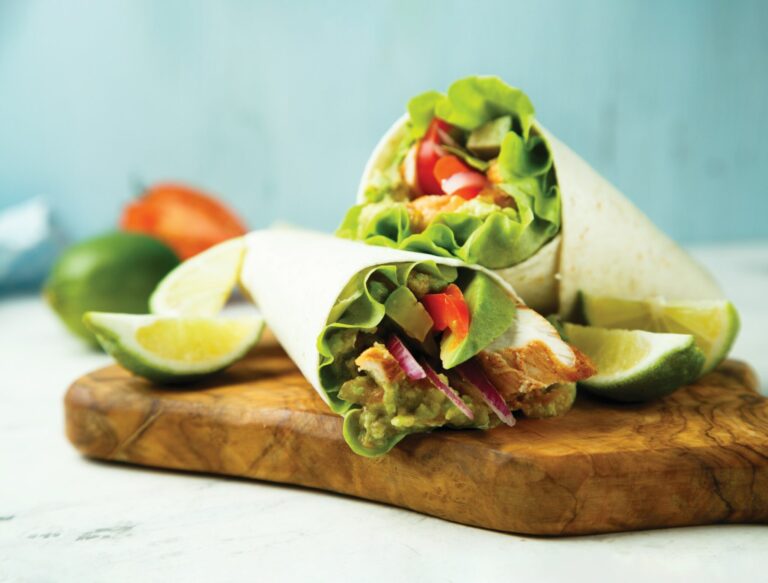Wrap it up for a lunch? HFG nutritionist Kathleen Alleaume helps you make the healthier choice.Portable, versatile and budget-friendly, wraps are a fantastic substitute for sandwiches. But some options lack dietary fibre and whole grains to keep you satisfied. So grab a dietitian-approved, fibre-forward option to add some extra goodness to your day.
fibre-forward option to add some extra goodness to your day.
Fibre deficiency
The recommended daily intake of fibre is 25g for women and 30g for men*, but most of us do not achieve this. Adequate dietary fibre is essential for proper gut function, and lowers the risk for a number of chronic diseases including heart disease, certain cancers and
type 2 diabetes.
Look for whole grain
Wraps offer a chance to boost gut health with added whole grains and seeds, fostering a diverse gut microbiome. To choose wisely, check the ingredients for terms like whole, whole grains and wholemeal. Ideally these will be listed as the first few ingredients, as this indicates that they are the most prevalent in the product.






